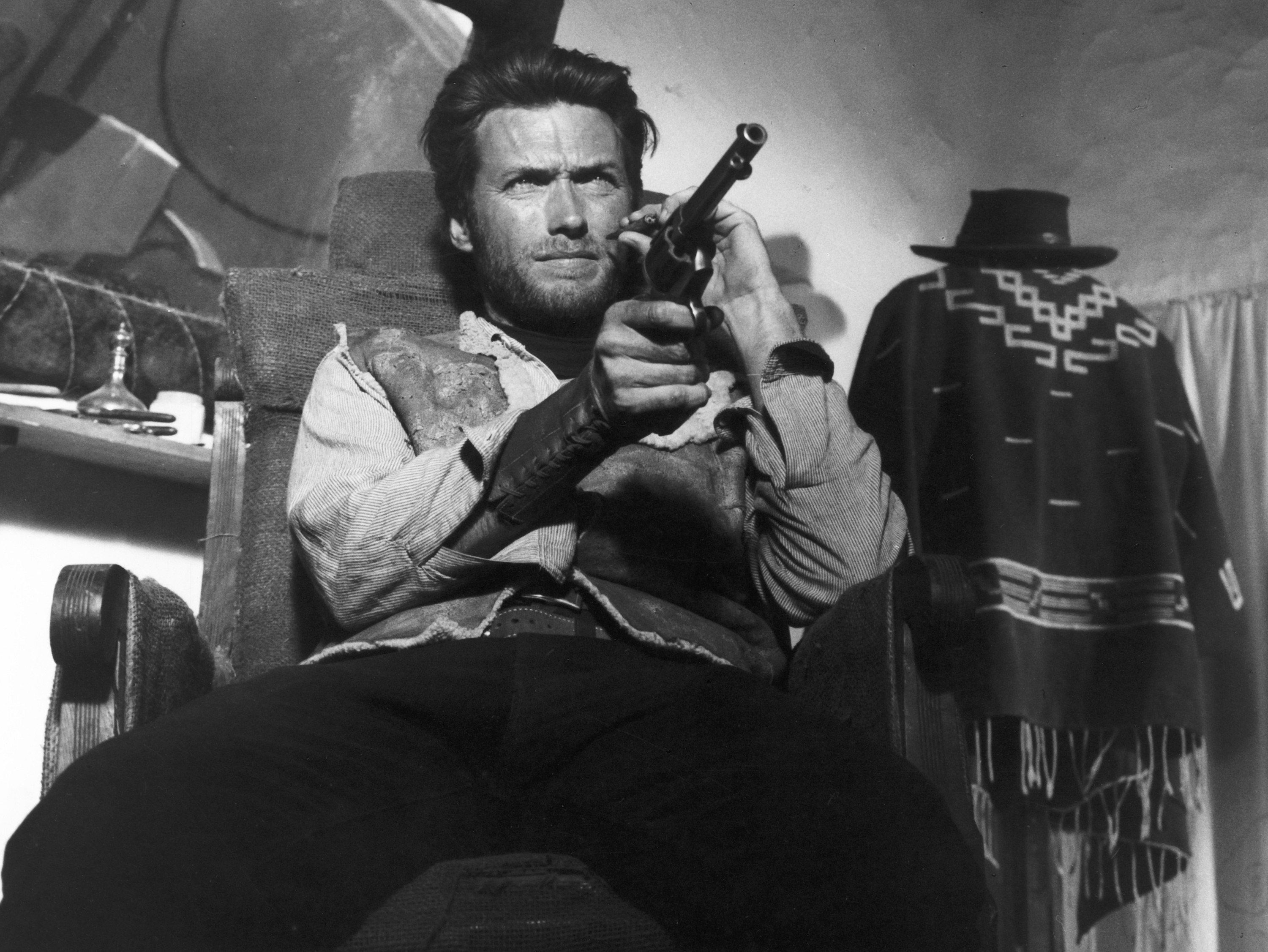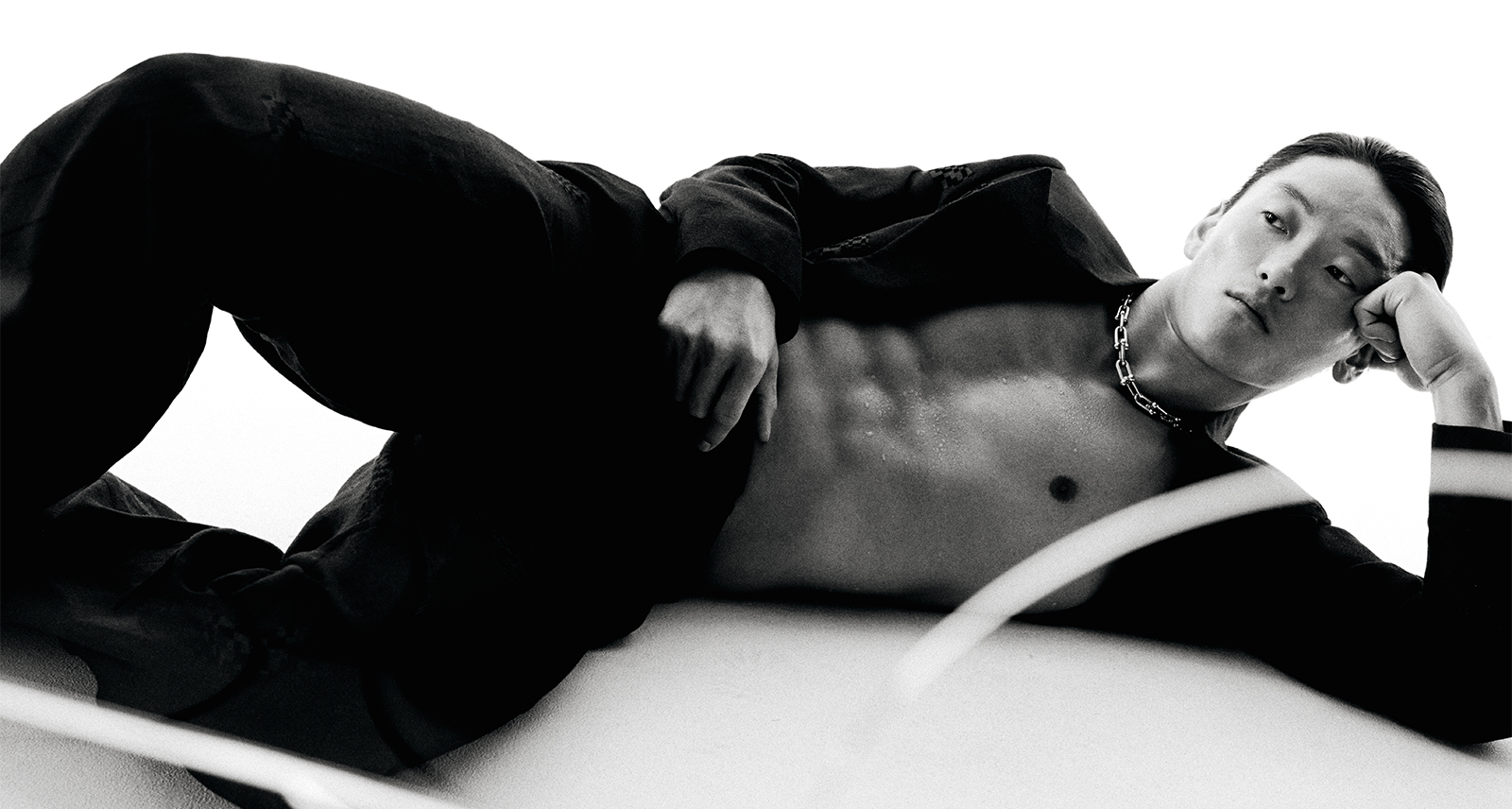The Time for Westerns Has Come. And Clifford Jackman’s Debut Novel Is the Perfect Example
The western is a genre that seems forever on the verge of absolute relevancy, like stories about superheroes, mob bosses, and sad contemporary white men. Signals from the Wild West get launched every few years, it seems: think Deadwood, Justified, or, in the world of literature, Patrick DeWitt’s The Sisters Brothers, or last year’s The Son by Phillip Meyer. But whether these represent the first salvos of an upcoming cultural onslaught or the last shots of a dying genre is never very clear. You can consider The Winter Family [Random House], the first novel by Canadian Clifford Jackman, an argument for the former. And if it’s any indication, the coming Western boom is going to be good. Bloody good.
Now is the perfect time. Pop culture, at the moment, is obsessed with the apocalypse, whether as a result of zombies, malicious AI, global warming, or good old-fashioned acts of God. We love narratives that spring out of society’s breakdown. Consider the western a prequel to all that. Same chaos, same moral ambiguities, just happening at the beginning of civilization (a loaded term, especially when you’re talking about cowboys, you know since there were some pretty civilized folks around before them), instead of at the end.
That’s Jackman’s theory, anyway, and it’s what’s on glorious display in The Winter Family, which follows a violent gang of outlaws, led by a golden-eyed sociopath named Augustus Winter, from the Civil War onwards. Jackman’s following a hell of a precedent. Cormac McCarthy did the same thing: used the lawlessness of the old west to engage with ideas about civilization and freedom. “There’s freedom and then there’s freedom,” Jackman says. He describes how society’s rules might make us yearn (at least in our fiction) for a less regimented time. But is that real freedom? “You were only free if you could defend yourself,” he says. What do we do with that now?
Jackman is the perfect guide for that kind of exploration. Not only in terms of style — tight, propulsive sentences, with just the right amount of poetry — but also by training. As a practicing lawyer, he knows a thing about lawlessness. Or maybe that’s reading too much into his story. Better to read into the story he wrote. It’s a good one. Violent, thrilling, and beautiful. Like the life. Like now.










